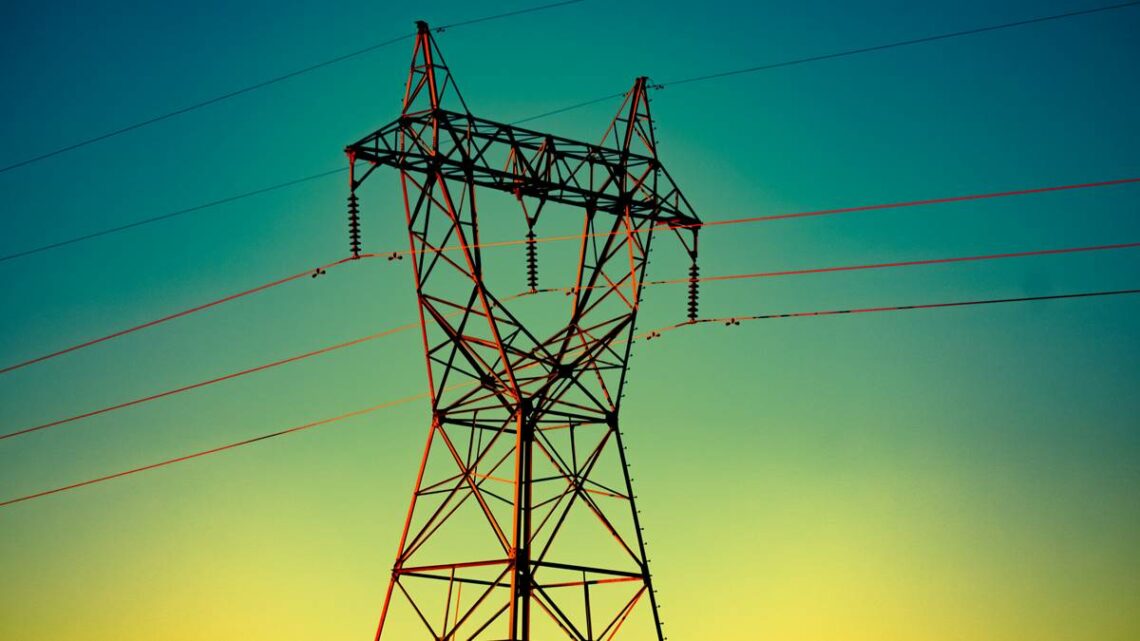ISLAMABAD: Consumers across Pakistan may soon see significant reductions in their electricity bills, as the National Electric Power Regulatory Authority (NEPRA) is set to play a crucial role in determining future tariffs.
Federal Energy Minister Awais Leghari has indicated that ongoing negotiations with the International Monetary Fund (IMF) and independent power producers (IPPs) could result in a price cut of Rs10-12 per unit. This news comes amidst growing public frustration over high electricity costs and planned protests, highlighting the urgent need for tariff relief.
The Minister stated that talks with IPPs have already led to savings of Rs1,100 billion. Further reviews of government-owned power plants are anticipated to generate additional savings.
These steps are being taken in response to widespread public outcry, like Jamaat-e-Islami’s (JI) planned nationwide protests against the government’s perceived failure to reduce electricity prices. JI Chief Hafiz Naeem-ur-Rehman criticized the government for continuing high prices despite claims of economic improvements. He raised concerns over the alleged preferential treatment and tax exemptions afforded to IPPs, despite their closures.
According to Minister Leghari, 15 more IPP contracts are slated for review by the cabinet. A point of contention is K-Electric’s demand for a massive amount under multi-year tariff adjustments. Leghari believes this amount should be considerably lower, and that NEPRA, will make a decision in the public’s interest. The Minister highlighted that capacity charges contribute to 75% of the total electricity cost.
In a meeting of the National Assembly’s power committee, the issue of electricity theft was also raised, particularly in Khyber Pakhtunkhwa (KP). While the federal government has permitted uninterrupted power supply to high-theft feeders in the region, according to the agreement, the provincial administration has not been successful in curbing power theft, leading to an estimated loss of Rs6 billion,
Currently, residential consumers have seen a Rs4 per unit reduction. Additional reductions of Rs10-12 per unit could materialize as a result of continuing negotiations with 16 IPPs and a review of government-owned power plants. According to Minister Leghari, further changes may include revisions to returns on equity for public power plants. The Minister noted K-Electric was looking to profit by Rs500 billion over the next five to seven years, a figure he felt was excessive.
Ultimately, NEPRA will play a key role in determining electricity tariffs. The regulatory body will consider both the government’s push for lower prices and the financial implications for power companies. The final decision will significantly impact consumers nationwide.
The ongoing dialogue between the government, IMF, IPPs and the NEPRA, demonstrate a desire for more affordable electricity. However, the extent of potential tariff reduction is yet to be determined. Stay tuned as NEPRA makes its decision.

















